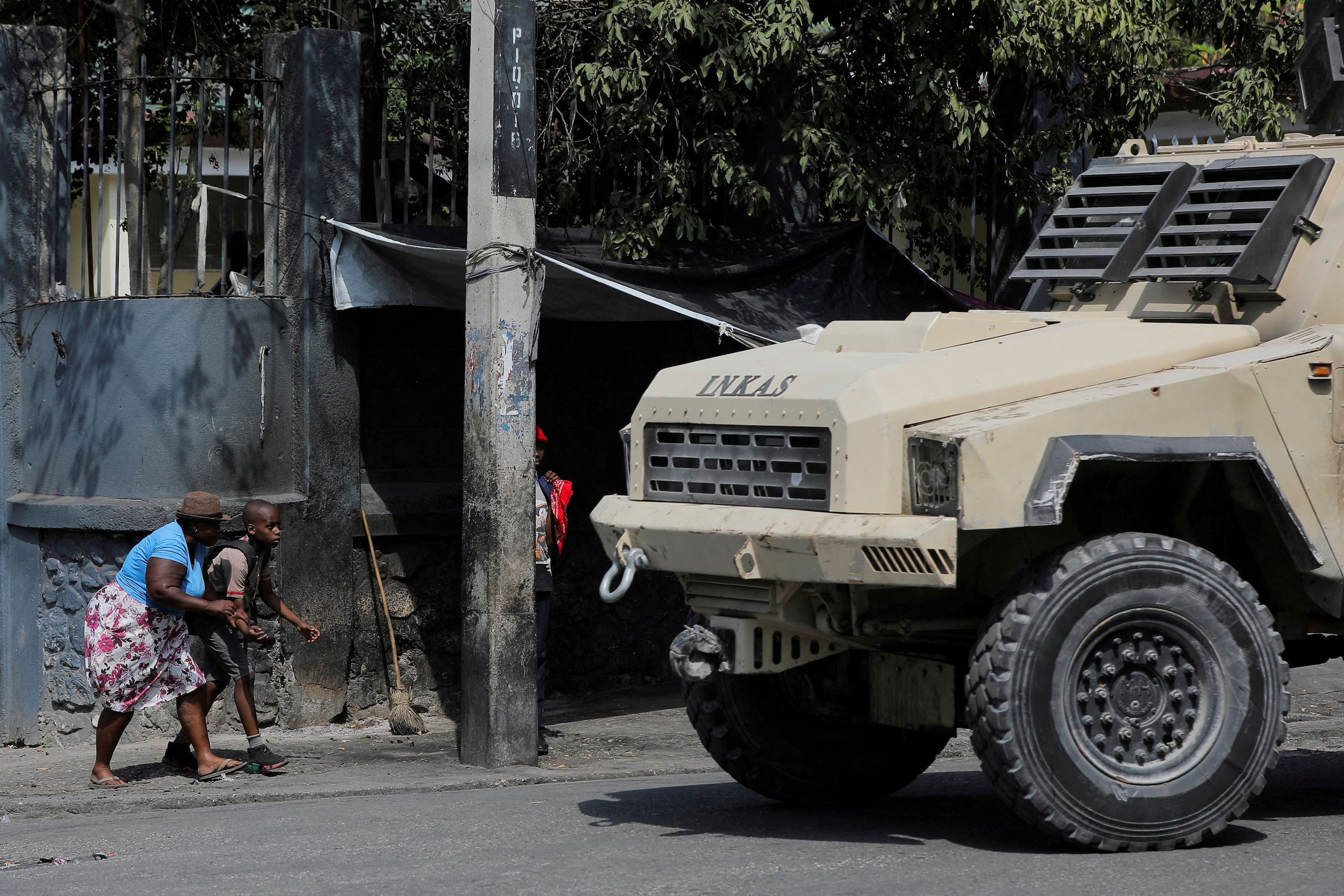
Click arrows to view gallery
Click arrows to view gallery
Gang warfare in Haiti has been spreading outward from the capital of Port au Prince into the rural agricultural heartlands, impacting food staples. Tens of thousands have fled.
Nearly half of the population of 1.7 million in Haiti’s Lower Artibonite region is at risk of starvation.
Bands of criminals armed with semi-automatic rifles burn houses, attack irrigation systems, steal crops and livestock and demand “taxes” from farmers if they want to access fields, according to a UN report released Tuesday, November 28.
International security assistance was requested by Haiti’s unelected government a year ago and authorized by the UN, but has yet to come. Security aid should be deployed “as soon as possible” UN High Commissioner for Human Rights Volker Turk said.
Kenya is expected to command a multinational mission to help Haitian police quell the chaos after it signed a defense agreement with the U.S. that should have provided Kenya resources and support for its security deployments to Haiti.
Kenya’s government said that its police will not be deployed to Haiti until all conditions on training and funding are met.
On November 16, a Kenyan court extended orders blocking the deployment of its police officers to the Caribbean nation.
The UN report says rampant gangs are now increasingly attacking hospitals and residential communities, abducting civilians, and conducting sexual violence on women and children.
Turk called the situation in Haiti is “cataclysmic” while reiterating calls for international force, state action, sanctions and better controls on arms thought to be trafficked to Haiti from the U.S.
For more, check out our exclusive content on CGTN Now and subscribe to our weekly newsletter, The China Report.